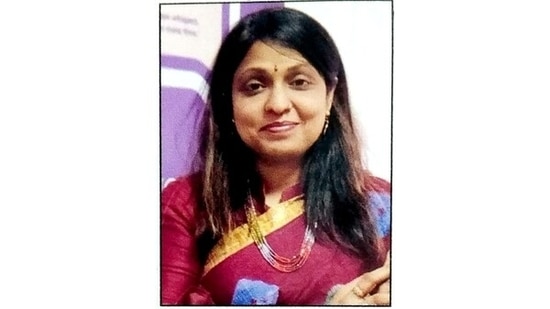Can you have a baby naturally after IVF? An expert answers
If you’ve had an IVF baby and are wondering how you can add to your family, we’ve got help. Here, reproductive medicine expert—Dr Anuradha Chaudhary—shares how you can plan your second baby after a successful IVF pregnancy.

Starting your family with the help of IVF can feel like a miracle. When you hold your baby in your arms after months, at times years, of sub-fertility diagnosis, multiple clinic visits, injections, and IVF cycles—becoming a parent seems like the will of the universe made true by medical science.
But post IVF, first-time parents often wonder how they can have a second child—especially if funds are a little low. And so they begin to find answers to a simple, yet pertinent question: can you have a baby naturally after IVF? Quite a loaded question, the answer to which is not as simple as you might expect. To help you get to the bottom of this, and figure out how you can add to your family, we enlisted the help of Dr Anuradha Tibrewal Chaudhary.
Dr Chaudhary is a consultant of reproductive medicine at Nova IVF Fertility Centre in Raipur, and has experience in handling all kinds of infertility cases—particularly recurrent implantation failure cases. And this is what she has to say about your chances of having a baby naturally after IVF.
First let’s understand, who needs IVF, to begin with
The process of IVF is fairly straightforward: sperms and eggs are extracted from the male and female partners respectively, and made to come together and fertile in a lab. “In those patients where oocytes and sperm couldn’t meet naturally in the fallopian tube, we make them meet artificially outside,” says Dr Chaudhary.
“In some cases of a tubal block, uterine tuberculosis, PCOD, poor ovarian reserve, pelvic inflammatory disease, and grade 3 and 4 endometriosis IVF is recommended,” she adds. In men with low sperm count and motility, and azoospermia (no sperm) IVF is also the preferred mode, the expert suggests.
Yes, you can have a baby naturally after a successful IVF pregnancy
There is truly a possibility of you getting pregnant naturally—without the intervention of assisted reproductive technologies—after you’ve had one IVF pregnancy. But, it all depends on the cause that made you opt for IVF in the first place.
Explains Dr Chaudhary: “Sometimes couples who are older don’t have the patience to wait to conceive naturally, so they go in for IVF for their first child. Other times, patients have trouble conceiving because of their poor lifestyle. Once they improve their style of living, like losing weight, they get pregnant without any assistance.”
Even in some cases of unexplained infertility, after one IVF baby, couples end up getting pregnant on their own the second time around, the expert notes.
You can even conceive naturally after an IVF failure! An IVF failure doesn’t mean, your journey to becoming a parent has come to an end—because in some cases, couples do welcome babies naturally despite untoward IVF outcomes.
You can have more than one child with IVF
If you have certain conditions that make IVF your only resort for having children, then you need to remember that you can multiple babies with the treatment. “Couples can have two to three children with IVF—it completely depends on what they want,” says Dr Chaudhary.
But by rule, we should not go for more than two,” she adds.
Trying for a second baby? Here are some tips from Dr. Chaudhary to remember
“First and foremost, couples need to be relaxed,” she stresses. “They need to avoid stress and change their lifestyle. Please remember that the most important factors for infertility these days—after advanced age—are lifestyle and habits like smoking and drinking. So you need to take care of this, if you want to get pregnant.”
And while your career is important, Dr Chaudhary wants you to plan this part of your life well in advance too. “As we grow older, the fecundity, ovarian reserve, and quality of eggs start decreasing as the risk of pregnancy complications starts increasing. Keeping this in mind, couples should plan their pregnancy well in time,” she concludes.
To learn more, click here.



